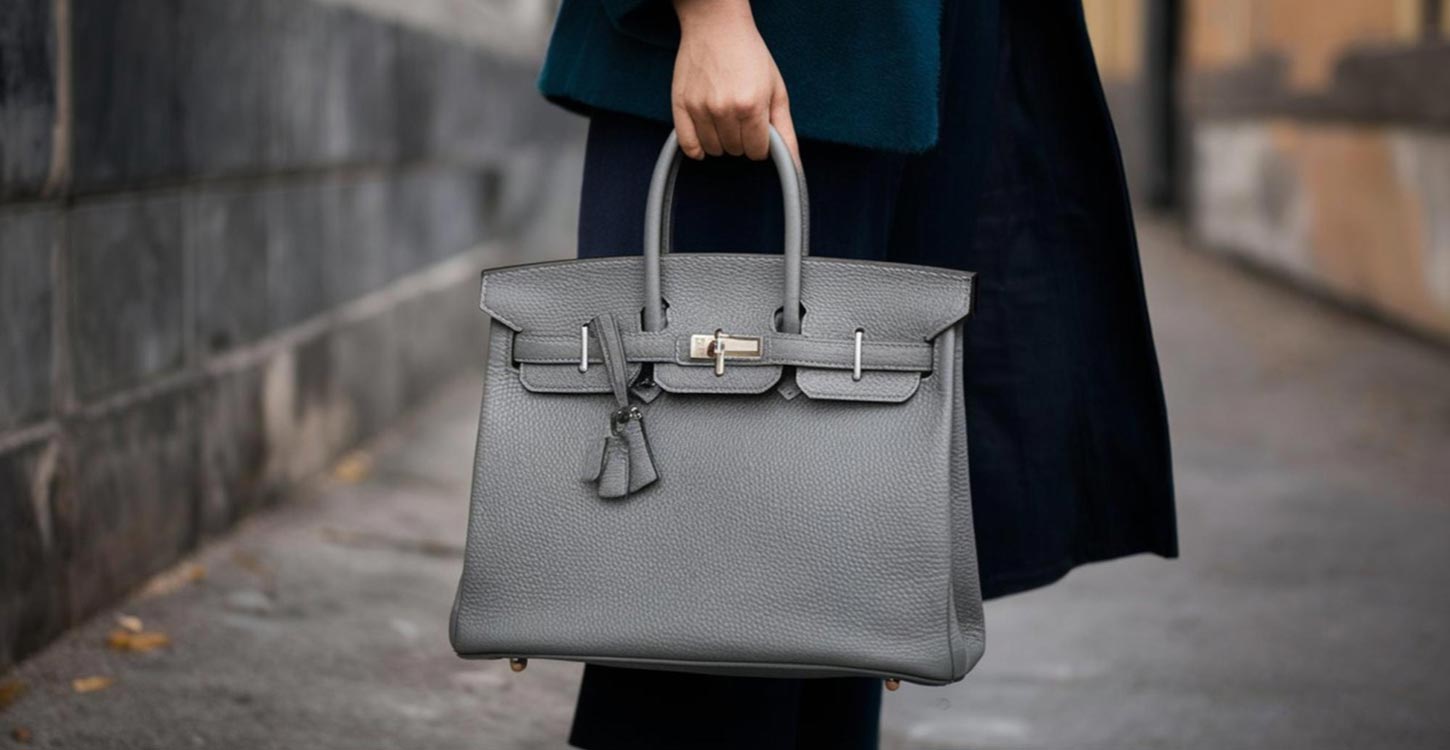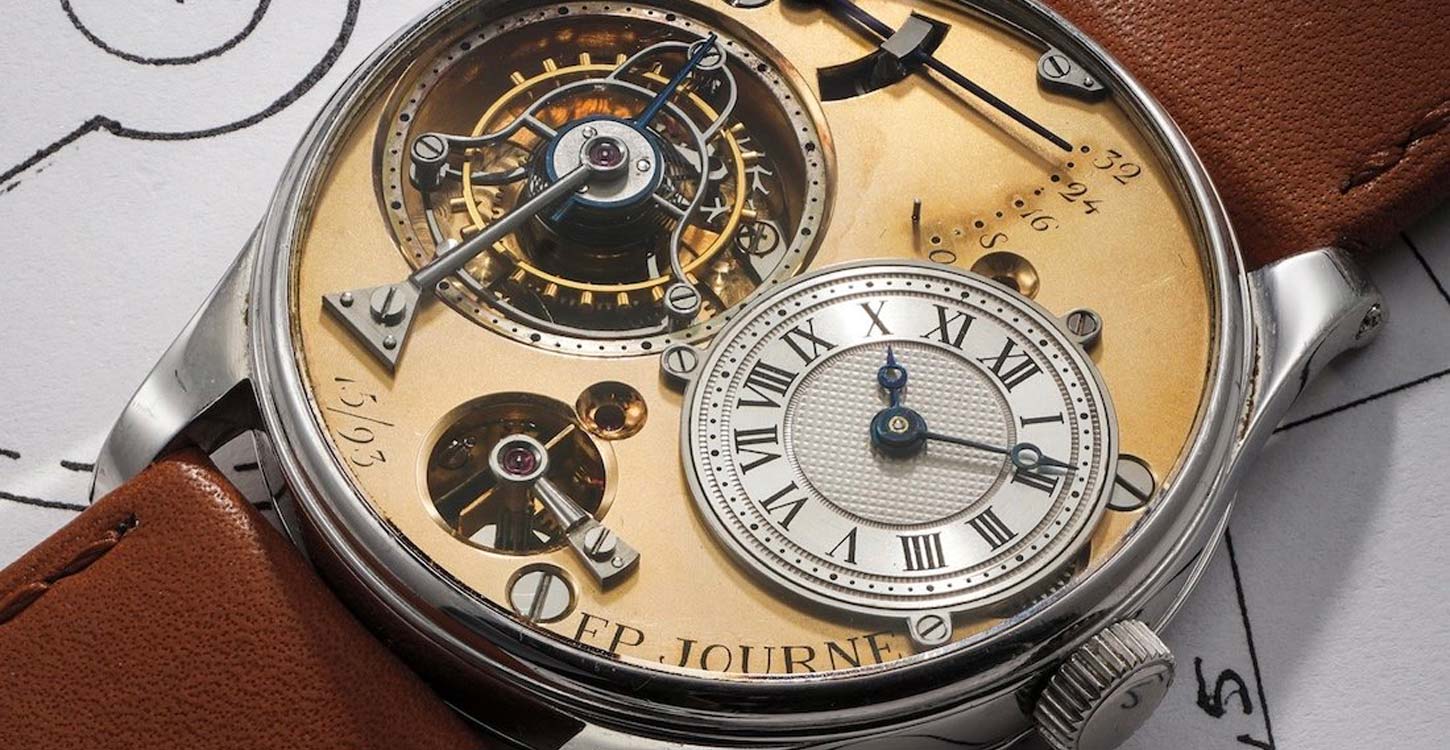Although the content(s) of the article were correct at the time of writing, the accuracy of the information contained within may no longer be current, as it may have been subject to subsequent tax, legislative or event changes. To browse more recent content, please see our Knowledge Centre.
With a 20%+ net return market average for each of the past six years, investing in rare whisky, which is a relatively new asset class, has become an attractive option.
Rare whisky bottles are a physical asset, insured and within your control, and are now enjoying increased popularity across the world.
The very first distinction to make is between blended whisky and single malt whisky: 95% of all investment grade whisky is single malt, which means it was produced at only one distillery. In contrast, blended whiskies, such as Johnny Walker and Chivas, are made from mixing together many different whiskies and therefore allow for the adjustment of production levels based on demand.
What is unique about aged single malt whisky is that to make an 18-year old whisky takes 18 years in the barrel at the distillery – and there is no way to produce it any faster. Since 2007, most large distilleries in Scotland have begun increasing production, but the reality is their first barrels of 18-year old single malt whisky won’t be ready until 2025; the 25 and 30-year old whisky won’t be ready until the 2030s.
While supply is currently limited, demand for single malt whisky has been growing steadily over the past five years in the UK, US and Asia:
- Rare Whisky 101 has reported that the total number of bottles sold at UK auctions increased from approx 5,500 bottles (£1.2m in value) in 2010 to a staggering 34,000 bottles and a value of £7.8m in 2014.
- According to industry publication, The Drinks Business: “At the end of 2014, sales of whisky in the US surpassed those of vodka for the first time since 2007 to become the country’s biggest selling spirit, marking a shift in American consumer preferences.”
- In Asia we continue to see an emergence of more sophisticated and demanding middle-class consumers, with rising incomes and burgeoning aspirations in established whisky markets. As noted by Gavin Hewitt, Chief Executive of the Scotch Whisky Association: “There are roughly 500m middle-class people in Asia at the moment. By 2030 that number is expected to rise to 3.2bn.”
In short, whisky investment fundamentals are based on the simple principles of supply and demand. In the 1980s and 1990s, distilleries did not put enough single malt whisky into barrels for long-term ageing to meet current global demand. This imbalance of supply and demand has led to the steady increase in the prices of older and rare bottles.
Source: Rare Whisky 101
So what’s the catch?
The risks involved in rare whisky investing:
- Short-term volatility – rare whisky should be viewed as a medium-term investment of 5-7 years. It is not as liquid as stocks/equities and is an alternative asset class meant for diversification.
- A dependence on macroeconomic movements dictates demand – a worldwide economic decline may lead to excess supply in certain markets.
- The existence of counterfeits may affect market confidence – this demonstrates the importance of always going with a trusted supplier who can guarantee the provenance of the whisky.
What do I buy?
It’s important to realise that not all rare whisky goes up in value. You also have to be careful about authenticity, so it is best to work with a professional who knows the market. Generally I advise my clients to look for:
- Vintage iconic distilleries – older whiskies made in the 1990s or before from iconic brands such as Glenfiddich, Glenlivet, and Ardbeg.
- Silent stills – distilleries that have closed and therefore have very limited supply on the secondary market, such as Port Ellen, Rosebank, Brora and Karuizawa.
- Limited editions – be careful with new releases that claim to be limited edition, but don’t state how many bottles were produced. Trust older limited edition bottlings which have a track record of performance.
How do I buy rare whisky?
- Through a trusted whisky merchant – find one that is well established and that is able to also help you set up your personal account at a reputable storage facility.
- Auctions – major auctions are held in London, New York, and Hong Kong several times per year from top auction houses such as Bonhams and McTear’s.
- Distillery exclusives (if you are able to visit the distilleries to pick up your bottles) and online whisky clubs (such as the Single Malt Whisky Society)
How do I take profit on my investment?
A registered whisky merchant can help you to resell your whisky through three principal exit strategies:
- Auction houses
- Private client sales
- On-premise sales to whisky bars, private clubs, hotel chains, etc
Getting into Whisky through Platinum Wines
Platinum Wines provides full buying support, assistance with transport and storage, exit strategies, monthly market and quarterly portfolio evaluation services specific to our private clients’ holdings of fine wines and rare whiskies. Some key features of our service and fees for whisky investors are:
- One-off investments can be made into collections or through a monthly whisky collection plan starting at as little as £250 per month
- Storage at London City Bond is £60 for up to 45 bottles per year including insurance
- 10% performance fee (applied to the profit) at exit
- No annual portfolio management fees or early exit fees
Finally: How do I track how my investment is doing?
There is unfortunately no one place to go to get a spot price on whisky assets, although you can observe the last traded prices at auctions and compare listings at online whisky retailers. To observe indices for a quick general market view, you can visit RareWhisky101.com, which tracks the performance of whisky bottles at UK auctions.
More established whisky merchants should be willing to provide portfolio evaluations and reports both periodically and upon request, free of charge, as an after-sales service.
findaWEALTHMANAGER.com is an independent service designed to help clients navigate the opaque world of finance and wealth planning. Our team of experts have a combined 70 years of knowledge can help you find the right professionals to discuss alternative investments and other specific requirements. Book a call with our team for an independent, no obligation chat HERE or try our smart online tool to see which firms match your profile HERE.





